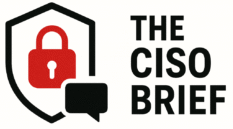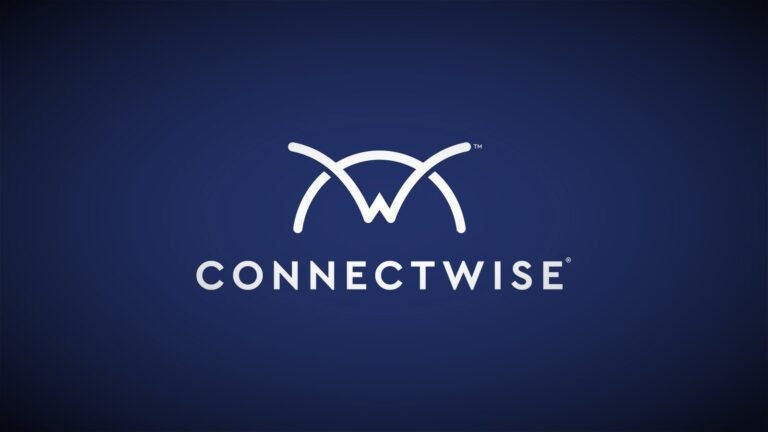Summary Points
-
Certificate Rotation Announcement: ConnectWise is rotating the digital code signing certificates for ScreenConnect, Automate, and RMM executables due to security concerns raised by a third-party researcher about potential misuse.
-
Security Assurance: Digital certificates ensure executables are from trusted sources, preventing tampering before reaching the end user; this process remains confidential from any recent security incidents.
-
Immediate Updates Required: Affected users, both on-premises and cloud-hosted, must update to the new certificate versions by June 13, 2025, to avoid operational disruptions. Cloud users will receive updates automatically, but should still verify their agent status.
- Phishing Threats: Previous reports indicated that threat actors were utilizing phishing tactics involving pre-configured ConnectWise clients, though it’s unclear if these incidents directly triggered the certificate rotation.
The Core Issue
ConnectWise has recently announced a precautionary rotation of its digital code signing certificates employed for its software products, including ScreenConnect, ConnectWise Automate, and ConnectWise RMM, in response to security concerns raised by a third-party researcher. The move is primarily motivated by vulnerabilities related to the handling of configuration data within the ScreenConnect installer, which could potentially be exploited by malicious actors requiring system-level access. Despite some insinuations, ConnectWise insists that this action is not a direct response to any known security breaches, including a recent cyber incident involving a nation-state attack.
The certificates, originally set to be revoked by DigiCert, have been extended until June 13, 2025, allowing ConnectWise to finalize updates to its software. This proactive measure impacts both on-premises and cloud users, who must ensure they are utilizing the latest software versions to avoid operational disruptions. As part of the effort to enhance security, both updated builds and detailed instructions for users have been made available; however, the specific reasons prompting this certificate update were not disclosed beyond the general advisory, leaving some questions unanswered regarding the connection to reported phishing attacks leveraging ConnectWise products. The details of this situation were primarily reported by BleepingComputer, emphasizing the need for consumers to stay informed amidst evolving security landscapes.
What’s at Stake?
The recent decision by ConnectWise to rotate its digital code signing certificates due to potential security vulnerabilities poses a substantial risk not only to its own operations but also to other businesses, users, and organizations dependent on its software. As these digital certificates are fundamental to establishing trust in the authenticity and integrity of the executables, failure to adequately manage this certificate transition could lead to significant operational disruptions. Specifically, if organizations fail to update their systems before the deadline, they may experience service interruptions, creating a ripple effect that could impact productivity and client relationships. Additionally, the warning signals raised by this incident could foster increased scrutiny and skepticism among users towards digital signatures and remote access solutions in general, potentially resulting in a broader distrust in technology providers—and inciting a heightened vulnerability to phishing and other cyber threats, as bad actors capitalize on confusion surrounding these security practices. Ultimately, the cascading ramifications of this situation underscore the critical nature of robust cybersecurity measures and proactive communication within the technology ecosystem.
Possible Action Plan
Timely remediation is crucial in safeguarding digital infrastructures from the vulnerabilities posed by the evolving landscape of cybersecurity threats, particularly concerning the rotating code signing certificates in ConnectWise.
Mitigation Steps
- Regularly Audit Certificates
- Implement Automated Alerts
- Rotate Certificates Periodically
- Train Staff on Security Practices
- Limit Access to Certificates
NIST CSF Guidance
The NIST Cybersecurity Framework emphasizes risk management and continual improvement. For more detailed instructions, refer to NIST SP 800-53, which includes guidelines on access controls and continuous monitoring.
Stay Ahead in Cybersecurity
Discover cutting-edge developments in Emerging Tech and industry Insights.
Learn more about global cybersecurity standards through the NIST Cybersecurity Framework.
Disclaimer: The information provided may not always be accurate or up to date. Please do your own research, as the cybersecurity landscape evolves rapidly. Intended for secondary references purposes only.
Cyberattacks-V1

